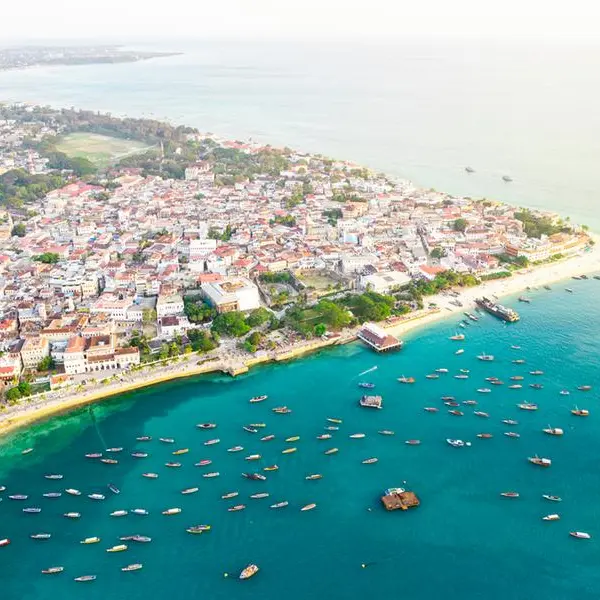PHOTO
A senior health official has reiterated the UAE’s advice to avoid travelling to two countries affected by the outbreak of the Marburg disease. Dr Farida Al Hosany, executive director of the Infectious Disease Sector at Abu Dhabi Public Health Centre, urged residents to put off travel to these countries “for the time being”.
Earlier, the UAE’s Ministry of Health and Prevention (MoHAP) had urged residents to postpone travel to Equatorial Guinea and Tanzania “unless absolutely necessary”.
In a video posted on Sunday, Dr Farida — who had become the face of the UAE’s Covid response at the peak of the pandemic — discussed the Marburg virus, its symptoms and how it spreads.
She explained that the Marburg disease is a rare but severe haemorrhagic fever. “Recently, the World Health Organisation (WHO) reported that limited cases of the disease have been confirmed in Tanzania and Equatorial Guinea. Fruit bats are the main carriers of the Marburg virus, and humans may be infected in various ways: direct contact with fruit bats, or exposure to body fluids and secretions of these bats, which are usually found in caves or mines in the affected regions,” she said.
Humans can also catch the virus from infected animals like “monkeys, particularly lemurs”; or from infected individuals.
She urged residents to avoid contact with infected or suspected cases who may have recently arrived from the affected countries.
Isolation
In an advisory posted on the MoHAP website, the ministry states that travellers returning from the affected countries must isolate themselves. They must seek help from the nearest medical facility (hospital emergency departments) if they develop symptoms like fever, chills, muscle aches, rash, sore throat, diarrhea, weakness, vomiting, stomach pain, unexplained bleeding from anywhere, or bruising.
They are required to disclose to medical personnel that they have travelled to an area with the Marburg virus disease, or have been in contact with infected people.
If residents have to travel to the affected countries, the MoHAP has issued four tips for them to stay safe:
- Avoid close contact with sick people, or blood and body fluids from all people, and avoid touching surfaces contaminated with body fluids.
- While travelling, avoid visiting caves and mines in which fruit bats are found, and also avoid touching animals that are susceptible to disease such as monkeys, chimpanzees, etc.
- Wash hands frequently with soap and water. If soap and water are not available, use a hand sanitiser that contains at least 60 per cent alcohol.
- Avoid touching eyes, nose and mouth with hands.
Currently, no vaccine or antiviral treatment is approved to treat the Marburg virus disease. It has an average death rate of around 50 per cent, the MoHAP said, citing the WHO.
Symptoms
The MoHAP also detailed the signs people need to look out for:
The ministry stressed that all precautionary measures are taken in accordance with international health standards in order to contain the outbreak in its current geographical scope. “The current status in affected countries is being monitored to know the developments of the disease and the extent of its spread and its seriousness at the global level.”
At least 12 people have died in Equatorial Guinea from the disease, while the death toll in Tanzania is five.
Copyright © 2022 Khaleej Times. All Rights Reserved. Provided by SyndiGate Media Inc. (Syndigate.info).




















